Celebrating Plants and People
-
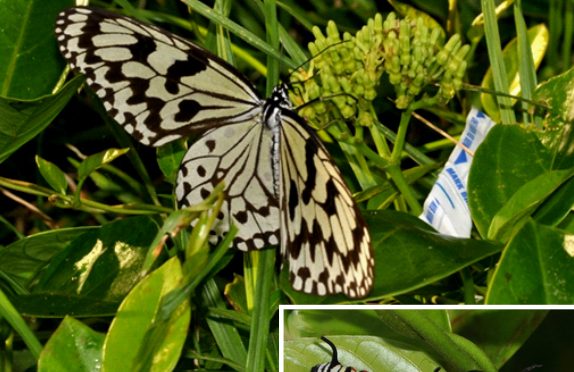
Plants Evolve To Eliminate Chemical Defenses That No Longer Succeed
These findings support the “defense de-escalation” hypothesis, which posits that organisms will evolve to stop using precious resources on defense mechanisms if they’re not working anymore. One benefit of defense de-escalation is potentially diverting resources to defenses that do work. (Click on title for full story.)
-
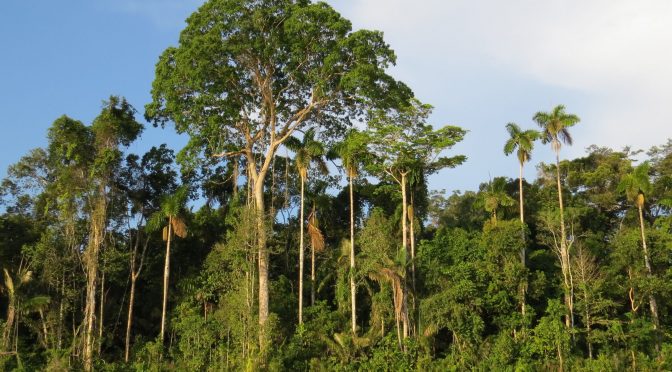
It’s Complicated. Over-Hunting Of Tropical Animals Destroys Forests And Carbon Sequestration? Maybe.
But the long-term implications for biodiversity and the biomass of forests are not yet clear. And the expectation that without their dispersers, seeds of these plant species will land in the “kill zone” of insects and diseases under their parents and be replaced by other species that store less carbon, culminating in huge decreases in…
-
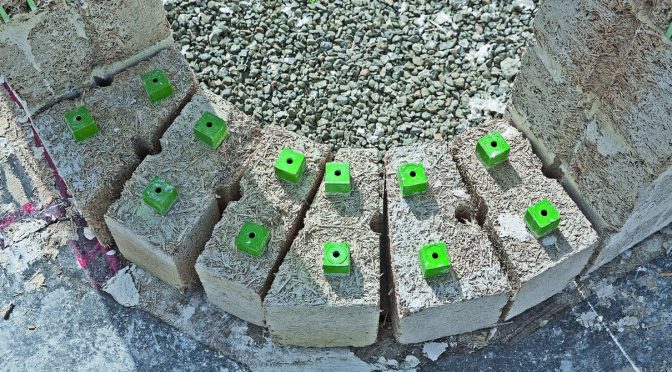
Forget Smoking It, Hemp Could Replace Concrete
The most sustainable building material is not concrete or steel — it is fast-growing hemp. Hemp structures date to Roman times. A hemp mortar bridge was constructed in the sixth century, when France was still Gaul. A wave of builders and botanists are working to renew this market. Mixing hemp’s woody fibers with lime produces…
-
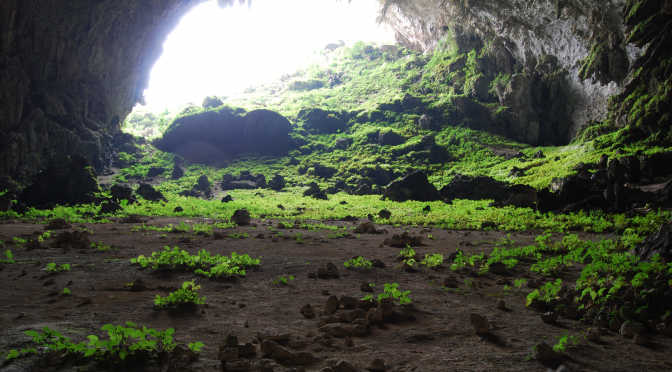
Newly Defined Plant Habitat Discovered In China’s Caves
We suggest that within SW China caves serve as both refuges and a valuable source of germplasm for the restoration of karst forest. We also propose that caves represent a distinct habitat for plants that is most similar to that of the forest understory, but distinct with respect to the absence of trees, leaf litter,…
-
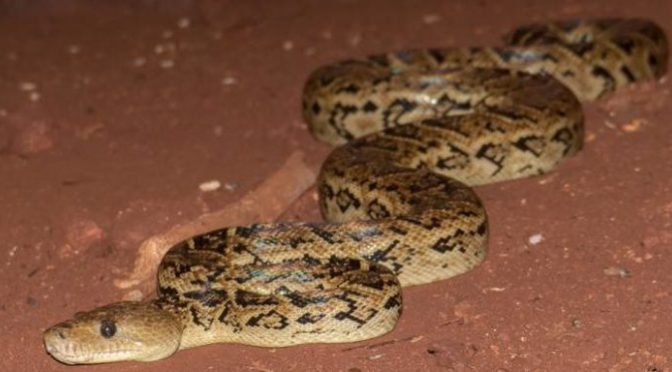
The Seed Dispersing Animal No One Thought Of: Snakes
The abundance of snakes can also contribute to the importance of their role in seed dispersal. As the researchers note, a rattlesnake can consume as many as 20 rodent meals – with potentially hundreds of seeds inside – during its 25- to 30-week active season. Individual rattlesnakes occupy large home ranges, and can travel as…
-
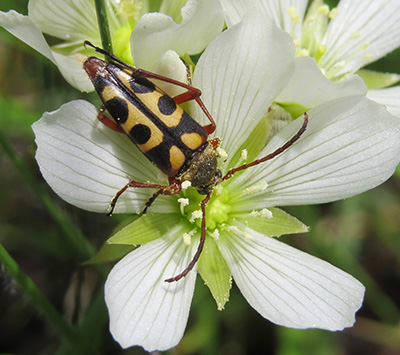
No Fools These: Venus Flytraps Don’t Trap Their Own Pollinators
While most people are familiar with Venus flytraps and their snapping jaws, there is still a lot that scientists don’t know about the biology of these carnivorous plants. Researchers have for the first time discovered which insects pollinate the rare plants in their native habitat – and discovered that the flytraps don’t dine on these…
-
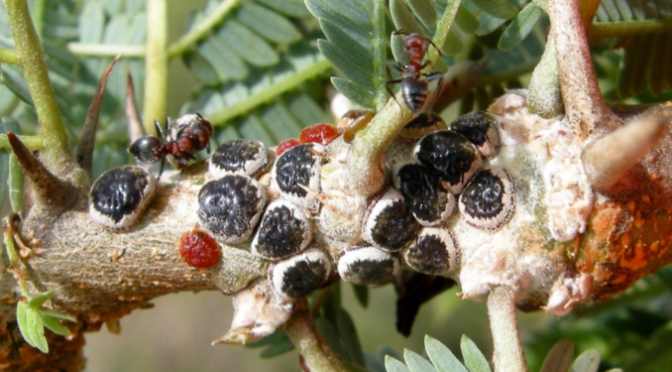
Removing Even An Overlooked Tiny Insect From An Ecosystem Can Cause Serious Damage
A mutualistic relationship between species in an ecosystem allows for the ecosystem to thrive, but the lack of this relationship could lead to the collapse of the entire system. New research reveals that interactions between relatively small organisms are crucial to mutualistic relationships in an ecosystem dominated by much larger organisms, including trees and elephants.…
-
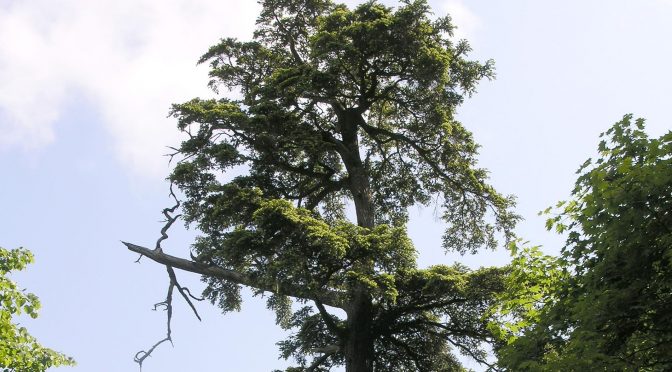
Newly Discovered Rare And Endangered Tree May Be Savior Of Its Insect Imperiled Cousins
It’s not every day—or even every decade—that a new species of conifer is found in the world’s temperate forests. But late last year, researchers announced a new species of hemlock tree from Korea, proving that even our best-studied forests still hold surprises. The new tree could help save one of its better-known cousins—a North American…
-
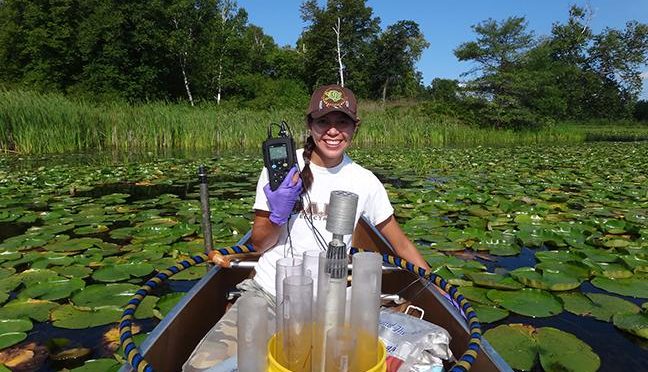
Absence Of Wild Rice Reveals Dangerous Toxins In Minnesota Waterways
“Wild rice serves as a flagship species or the equivalent of our ‘canary in a coal mine,’ giving us a warning on how human activity affects our water quality in Minnesota, The results of our studies are important because they show that increases in sulfate in our lakes and streams can have multiple negative consequences…
-
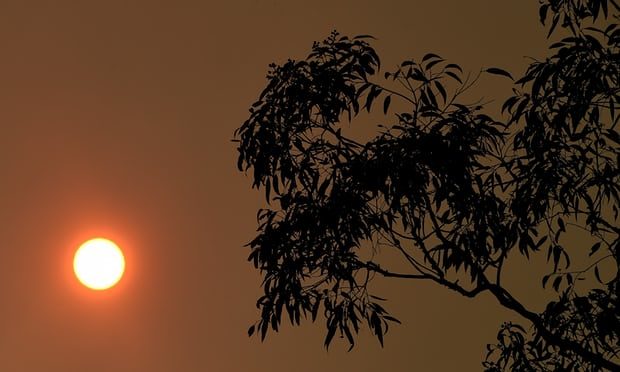
Overheated Australian Trees Rewrite The Book On Photosynthesis With Unique Self-Cooling Method
The year-long experiment showed that trees continue to release water through their leaves as an evaporative cooling system during periods of extreme heat, despite the carbon-fixing process of photosynthesis grinding to a halt. Previously, scientists believed that photosynthesis and transpiration – the process of releasing water – were linked, meaning one would not occur without…
